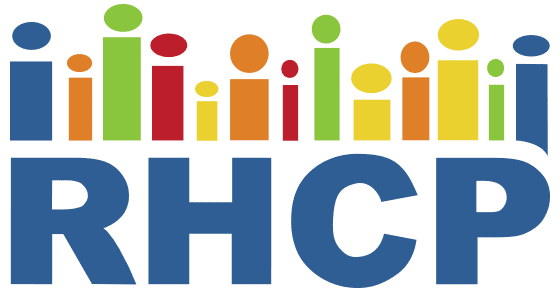Rochester Healthy Community Partnership: Then and now
Community-engaged research partnerships promote health equity through incorporation of regional contexts to inform partnership dynamics that shape research and interventions that reflect community voice and priorities. Long-term partnerships build trusted relationships and promote capacity building among community and academic partners, but there are many structural barriers to sustaining long-term partnerships.
Here we describe lessons learned from sustaining Rochester Healthy Community Partnership (RHCP), an 18-year community-based participatory research (CBPR) partnership in Southeast Minnesota. RHCP collaborates with immigrant and refugee populations to co-create interventions that promote health equity for community health priorities. Challenges to sustainability include a tension between project-based funding and the needs of long-term community-based research infrastructure. These challenges can be met with a focus on shared CBPR principles, operating norms, partnership dynamics, and governance.
RHCP began in 2004 through identification of a community health priority, defining the community, and establishment of CBPR principles. It grew through identification of broader community health priorities, capacity building for community and academic partners, and integration of diverse learners. We describe the capacity for RHCP to respond to new societal contexts, the importance of partnership dynamics as a barometer for partnership health, and lessons learned about sustainability of the CBPR partnership.

